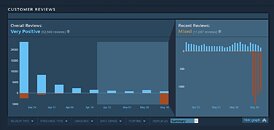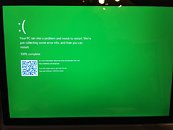
EA Introduces a Refreshed Flagship Franchise Anticheat System: Javelin
EA is the proud home to some of the biggest, most exciting interactive entertainment experiences on the planet. Experiences that bring people together every day, offering hundreds of millions of players and fans around the globe new ways to play, create, watch, and connect in, around, and beyond our games. Nothing ruins that fun as fast as cheating. That's why we are excited to introduce EA Javelin Anticheat—the evolution of our flagship anticheat solution, which prevents, identifies, and addresses bad experiences wherever possible, and is a pivotal part of our defense-in-depth strategy. Since its initial launch in 2022, our anticheat solution has supported over 28 million PC players with fair play in over 2.2 billion PC gaming sessions across our largest franchises including EA SPORTS FC, EA SPORTS Madden NFL, Battlefield, F1, EA SPORTS WRC, and Plants vs. Zombies.
The EA Javelin Anticheat brand was carefully chosen to communicate the core attributes of the solution: defense, strength, and agility. One where millions of players and fans around the globe can trust to ensure the integrity of EA games is preserved, allowing for fun-and fair-interactive entertainment. "Our mission is to foster a gaming environment where skill and sportsmanship are the only paths to victory. EA Javelin Anticheat is a testament to our commitment to fair play and integrity."—Elise Murphy, Head of Game Security.
The EA Javelin Anticheat brand was carefully chosen to communicate the core attributes of the solution: defense, strength, and agility. One where millions of players and fans around the globe can trust to ensure the integrity of EA games is preserved, allowing for fun-and fair-interactive entertainment. "Our mission is to foster a gaming environment where skill and sportsmanship are the only paths to victory. EA Javelin Anticheat is a testament to our commitment to fair play and integrity."—Elise Murphy, Head of Game Security.




































